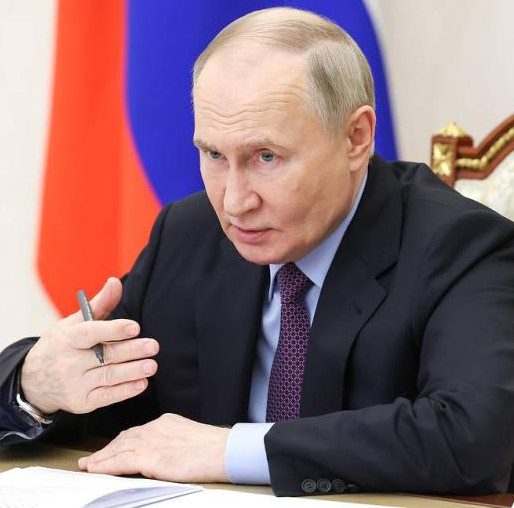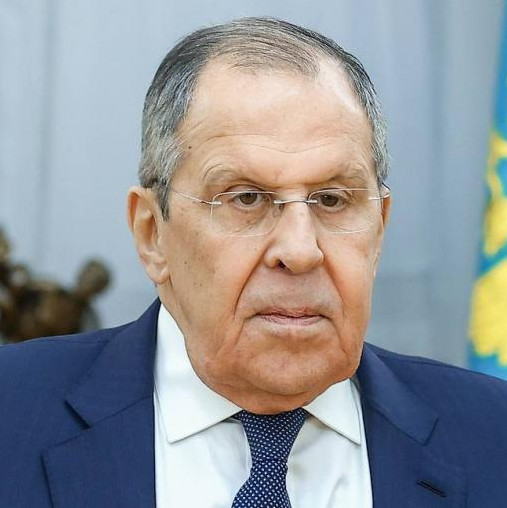For a number of CIS countries, January 2014 has been marked by the usual kind of rise of revolutionary sentiment in society. The lead in the revolution was taken by Kiev, where clashes between protesters and special forces have led to a large number of victims on both sides. In this case the U.S. and the EU countries support only the Ukrainian opposition. The Western media never cease to label the president and government of Ukraine as ‘dictators’, ‘oppressors of freedoms’, ‘enemies of democracy and European integration’, etc. Some European politicians openly come down on the side of the protesters; many of them arrived to the Euromaidan to support the Ukrainian members of the opposition.
Against this background, the events in neighboring Moldova from the point of view of the EU countries leaders and political structures are taking place in ‘a democratic everyday regime’. Only in this way can one interpret their ignoring the situation with referendums in Gagauzia (Moldova’s autonomy with the capital in Comrat).
Particularly, on January 17, the Gagauzian Executive Committee [government] during an emergency session adopted a resolution on preparations for the scheduled for February 2 referendums on the attitude towards Chisinau’s foreign policy and on the suspended status of independence, according to which in the case of loss of sovereignty by Moldova, Gagauzia will automatically become an independent republic. Later on the same day, at a meeting in Chisinau the leaders of the Gagauz People's Assembly (GPA) brought THE decision to hold a referendum to the leadership of Moldova. Please note that according to the Moldovan law on the Special Legal Status of Gagauzia, the competence of the Gagauz People's Assembly includes the holding of local referendums on issues of which are those relating to foreign policy.
Naturally, the Gagauzes’ views on their future so far do not find support among the ruling elite of the republic. On demand of Moldova's State Chancellery, the Comrat District Court declared illegal the decision of the Gagauz People's Assembly on the conduct of both referendums. The General Prosecutor's Office of the Republic of Moldova opened a criminal investigation of the GPA deputies. The Moldavian authorities also blocked Gagauzia’s official accounts to prevent the holding of referendums. On January 20, at a press conference in Chisinau, the leader of the ruling Liberal Democratic Party Vladimir Filat said that Moldova “will continue to follow the course of European integration, and now we are even more determined to protect the future.” Including the decisions of the Gagauz population.
The Gagauz authorities found means for the holding of referendums in one day. The topic of the conduct of referendums will be very likely developed on February 2. Nevertheless, the issue of the EU’s reaction to “the suppression of the Gagauz people’s will by the Moldovan government” remains open. Western democracy advocates seem to have lost all their activity at Kiev’s barricades. Moreover, one has the impression that the ‘defense of democracy’ is needed only by those countries whose foreign policy is not aimed at the European integration. This is confirmed by the fact that the flow of European financial aid to Chisinau has not been stopped since last December.
On December 19, the Romanian government decided to allocate for Moldova a grant of Euros 20 million for education programs.
On December 23, the European Union allocated for Moldova the first tranche of Euros 15 million of the grand total of Euros 60 million for the continuation of judicial reform.
On December 26, the European Union allocated fir Chisinau the next tranche of Euros 13 million to support economic development in rural areas. According to the press service of the Ministry of Economy of the Republic of Moldova, the funds are planned to be used in support of agro-industrial enterprises, as well as in creation of new jobs.
On top of that, by May of this year, the European Parliament intends to adopt a resolution on the liberalization of the visa regime for Moldovan citizens by May 2014.
Realizing that the January financial horoscope predicts success to Moldova, on January 15, the Government of the Republic approved the start of negotiations with the European Union as to getting from Brussels of Euros 21 million “for visa regime liberalization”, Euros 28 million “for the building of confidence” with Transnistria and Euros 25 million “for the support of vocational education”. Agreements are expected to be signed before the end of January 2014.
It is clear that under the conditions of massive financial support and political pressure, the ruling government of Moldova will try not to drop the banner of European integration, ignoring civil and constitutional rights of the inhabitants of the Gagauz autonomy. The Gagauz cannot but hope for the European leaders’ ‘good heart’, sensitive, as shown by the Euromaidan to “the slightest suppress of the people’s will manifestation”. Although the version of “economic background to prosecution by the Moldovan leadership of the Gagauz Executive Committee deputies” seems more actual.


